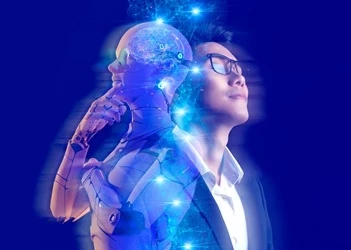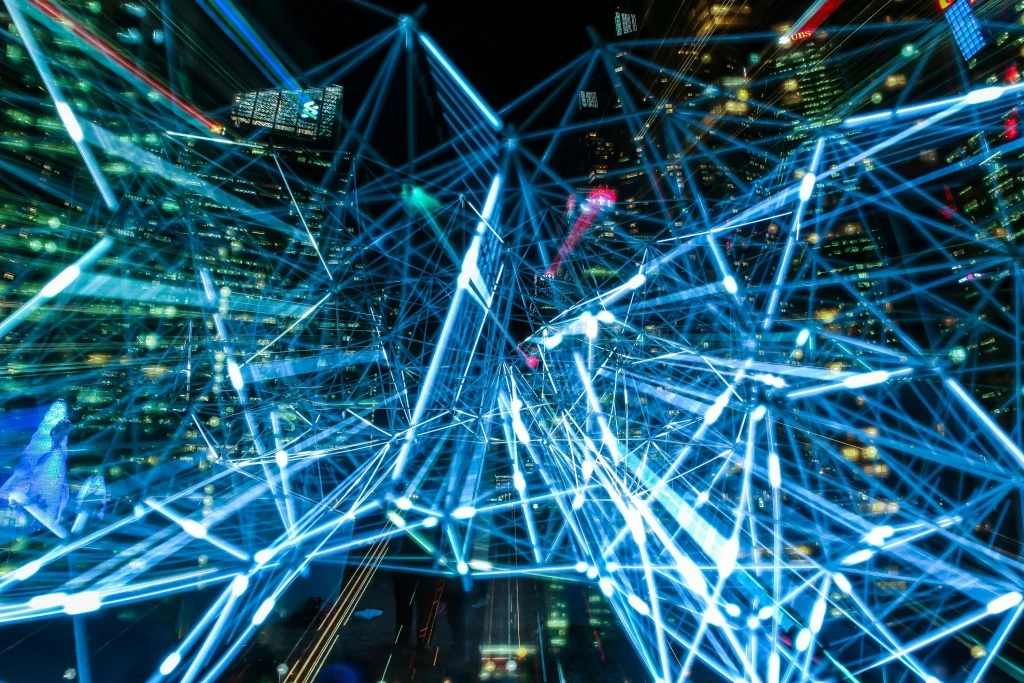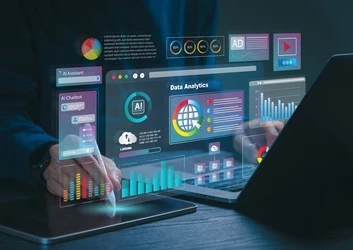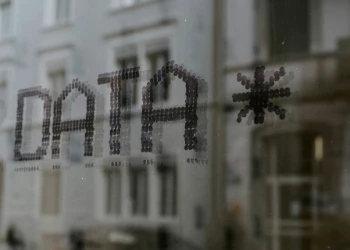UK Decides AI Cannot Patent Inventions
The ruling states that inventors must still be human in order to patent
Add bookmark
In a blow to believers in sentient AI everywhere, the UK's Intellectual Property Office has decided artificial-intelligence systems cannot patent inventions for the time being.
The ruling comes after a recent IPO consultation found many experts doubted AI was currently able to invent without human assistance.
Last year, the Court of Appeal ruled against Stephen Thaler, who had said his Dabus AI system should be recognised as the inventor in two patent applications for a food container and a flashing light. Thaler also recently sued the US Copyright Office over its refusal to recognise a software system as the "author" of an image.
In the UK the judges sided, by a two-to-one majority, with the IPO, which had told him to list a real person as the inventor.
"Only a person can have rights - a machine cannot," wrote Lady Justice Laing in her judgment, "A patent is a statutory right and it can only be granted to a person.”
In the announcement, it was explained how there are two overall objectives for the ruling are:
“The first is to encourage innovation in AI technology and promote its use for the public good. The second is to preserve the central role of intellectual property in promoting human creativity and innovation. To support these objectives, the consultation aimed to collect the best available economic evidence.”
But the IPO also said it would "need to understand how our IP system should protect AI-devised inventions in the future" and committed to advancing international discussions, with a view to keeping the UK competitive.
The IPO also announced future possible changes copyright law to allow anyone with lawful access to do this.






















